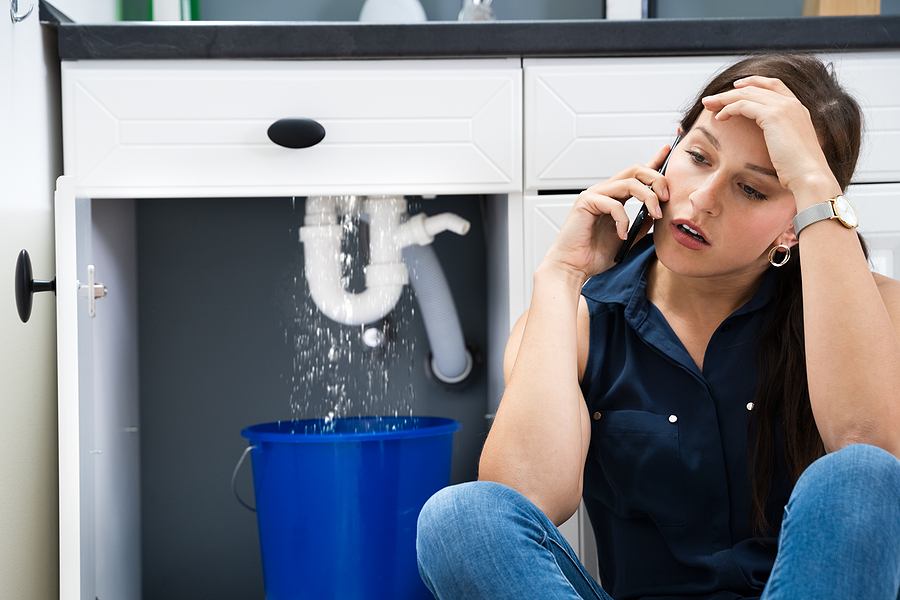Schedule a Plumber This Friday to Get 50$ OFF
Schedule a Plumber This Friday to Get 50$ OFF

Nothing can be quite as irritating as the steady, incessant drip of a leaky faucet. It's not just the noise that can be annoying; a leaking faucet can be an expensive problem that wastes water and increases your utility bills. To avoid this, it's important to know how to prevent these leaks from happening in the first place. At Mr. Rooter Plumbing, our team of plumbers provides a wide selection of quality services including faucet replacement, repair, and installation. If you want to avoid an emergency call to your local plumber, read below for information that can help you prevent faucet leaks.
The first step to preventing leaks is understanding the main components of your faucet. While fixtures may differ slightly in design, they typically consist of similar parts. These include the aerator screws, ball valve, cartridge valve, O-ring, small springs, valve seat, and washers. Each of these parts plays a role in the faucet's function, and problems with any of them could lead to leaks.
Understanding the causes of faucet leaks can help you nip the problem in the bud before it turns into a significant issue. Common causes include:
Preventing a leaking faucet often comes down to regular maintenance and careful use. Here are some preventative measures you can take:
Preventing faucet leaks can save you a lot of hassle. However, if you already have a leak, then you’ll need to get help from professional plumbers fast to avoid water damage, mold growth, and other issues. Call Mr. Rooter Plumbing at the first sign of trouble, and our technicians will inspect, repair or replace your unit so you can get back to your normal routine. Contact our office for more details about our offerings or to schedule an appointment with an experienced plumber in your neighborhood.
You expect clean and clear water when you open your home’s faucets and shower heads. When it’s not, you know that you have a hidden water line problem on your…
No matter where you live, heavy rains, groundwater, and clogged gutters can cause basement flooding. For many, basements are more than storage space; they provide extra living space and can…
Water is vital for daily life, but it can cause destruction if left unchecked. A minor slab leak can go undetected for a long time, leading to mold, water damage,…